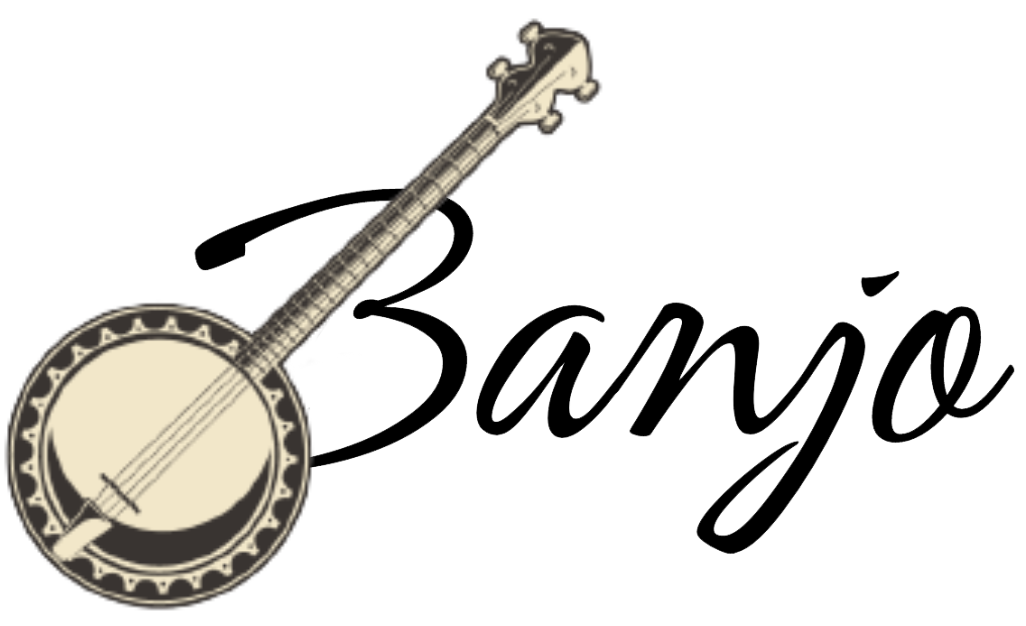
6 string banjos offer guitarists looking to experiment with banjo, without learning five string playing style, an ideal solution. There is also an array of styles and prices suitable for players of all levels and experience levels.
Note, however, that certain 6-string banjos share their tuning with low-pitch tenor guitars, which could present problems when playing specific chords.
Sound
A six-string banjo is an extremely versatile instrument. It can be used to play many styles of music ranging from bluegrass to folk. Plus, nylon strings will produce warmer sounds than metal strung versions; making this option great for anyone wanting a different tone from their banjo.
A six string banjo can be used to play an array of styles, including folk, country, Dixieland and ragtime music. Its versatility also makes it great for chord playing on acoustic guitar. While more difficult than its five string counterpart, learning this instrument will definitely open up new musical frontiers!
While some may disagree that a six-string banjo is truly a banjo, it still makes for an effective instrument. Played for bluegrass, folk, and jazz music genres – as well as being affordable compared to purchasing an electric guitar! Beginners will find this instrument an excellent choice and purchase price is much lower.
A 6-string banjo can be strung with either nylon or steel strings, with nylon strings being more traditional and being the original material used on early banjos. They produce a warm and soothing sound and can also be tuned down to produce blues music-specific pitches.
Styles
People often assume that a 6 string banjo is not considered to be an authentic banjo instrument; however, that isn’t always the case. A 6-string can still be used for various genres including bluegrass, country, Dixieland and ragtime; guitarists looking to add banjo sound can even use one with them! Although not ideal if performing ultrafast Scruggs style rolls are your goal.
A 6-string banjo typically uses steel strings that have either been wound with phosphor bronze or nickel, with radiused fingerboards designed to feel as familiar to someone coming from an acoustic guitar world. Depending on personal preference and your instrument model choice, either an open back or resonator head may be selected, with tuning pegs typically more robust than on an acoustic guitar.
Be wary, however, of 6-string banjos’ limited sustain when fingerpicked; therefore patterns that depend on string ringing for more than half a beat often sound weaker than expected. While this shouldn’t be considered an issue when buying new instrument; you should still be mindful when changing strings; it may be wiser to change just one at a time rather than all six simultaneously.
Accessories
The standard string type used on banjos is phosphor bronze; however, nickel wound strings can also be offered to give more of that classic guitar sound. String tension tends to be light due to a banjo head’s lack of solidity when compared with that of an acoustic guitar; additionally fingerboard radiuses have also been radiused in order to ease transition if coming from another instrument world.
Most banjos feature dual coordinator rods for better tone and volume output on 6-string models, particularly 6-string 6-string banjos with the additional feature of tone rings for added fullness and brightness.
Some banjos feature a bowed neck, which may take time and practice for many people to adjust to. You can usually tell if your banjo has this feature by inspecting its adjustment screw in the headstock; usually triangular in shape and easily unscrewed using a hex screwdriver or nut driver.
Some banjos come equipped with magnetic pickups underneath their strings that enable you to connect it directly with an amplifier and play through an amp, giving your banjo an amplified sound that really can make it sing! But be wary as this could also turn it into more of an electric guitar sounding instrument than originally intended! Additionally, some more affordable banjos may already have this feature built-in so removing it may prove tricky.
Price
The Deering Goodtime 6 String Banjo is an excellent starter banjo, being lightweight and user-friendly – as well as relatively affordable compared to its competition. Available online or from most music stores.
The 5-string banjo is the most frequently seen variety and is typically associated with bluegrass and old time music, though a 6 string banjo has become increasingly popular due to jazz use. Although not as versatile, a 6-string can still prove very helpful when performing different musical genres.
Many 6-string banjos come equipped with an electric pickup that can be plugged into and played through an amplifier, making playing easier in noisy environments and providing the sound of the banjo to stand out among other instruments in a band. This feature makes life much simpler when trying to cut through other instruments’ noise levels!
While most 6-string banjos utilize steel strings, there are some models with nylon strings which may be preferred by fingerstyle players and classical guitarists who want to transition to the banjo. Unfortunately, strumming open chords on nylon strings may sound cacophonous and disorganized.

